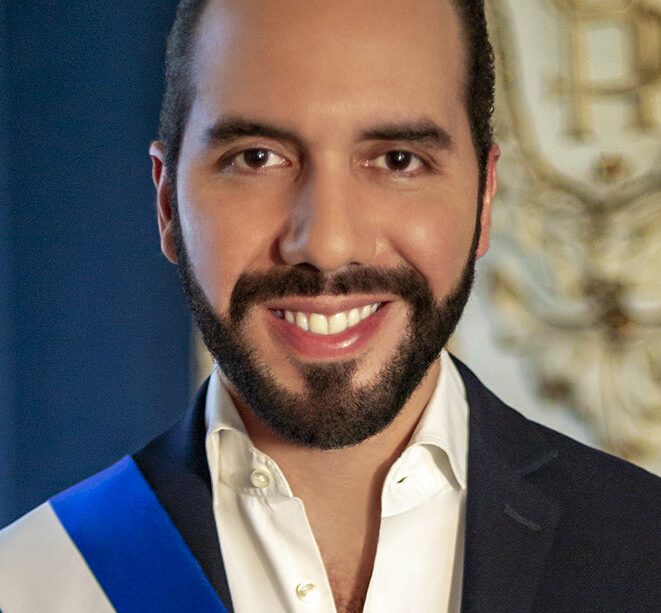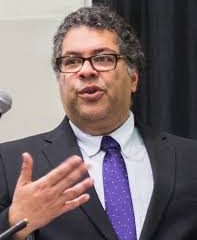Nayib Bukele: Transforming El Salvador Amid Controversies

Introduction
Nayib Bukele, the President of El Salvador, has become a prominent figure in international politics since taking office in June 2019. His unorthodox approach to governance, particularly his policies on crime, technology, and economics, has garnered both praise and criticism. As a leader who has sought to redefine the country’s trajectory, the relevance of Bukele’s administration extends beyond El Salvador, influencing conversations about governance, innovation, and democracy in Latin America.
Key Policies and Initiatives
Since his election, Bukele has prioritized addressing the high crime rates in El Salvador, which historically have been some of the highest in the world. His administration launched a controversial security strategy that included deploying the military to streets and implementing strict measures, which he claims have drastically reduced homicide rates.
In addition to security initiatives, Bukele has embraced cryptocurrency, making El Salvador the first country to recognize Bitcoin as legal tender in September 2021. This bold move aimed to enhance financial inclusion and attract foreign investment but has attracted skepticism from financial experts and international organizations due to concerns regarding volatility and regulatory risks.
Political Dynamics and Challenges
Bukele’s governance style has sparked debates about democracy and authoritarianism. Critics argue that his administration has undermined judicial independence and weakened democratic institutions, notably through the controversial dismissal of Constitutional Court judges and the Attorney General. Supporters, however, believe he is a reformer unafraid to challenge the status quo to effect necessary change.
The political landscape in El Salvador remains contentious. Recent surveys indicate that Bukele retains significant public support, particularly among younger voters who appreciate his direct communication style and innovative policies. However, his reliance on social media for public discourse and the escalating tensions with opposition parties bring into question the sustainability of his approach.
Conclusion
Nayib Bukele’s presidency stands at a crossroads where his ambitious vision for El Salvador encounters both the realities of governance and the expectations of democracy. As international observers watch closely, his decisions will likely have lasting implications not only for El Salvador but across the region concerning how leaders balance control, innovation, and public accountability. Moving forward, Bukele’s ability to navigate these challenges will be crucial in determining whether his legacy will be that of a transformative leader or a controversial figure steering the nation into turbulent waters.





